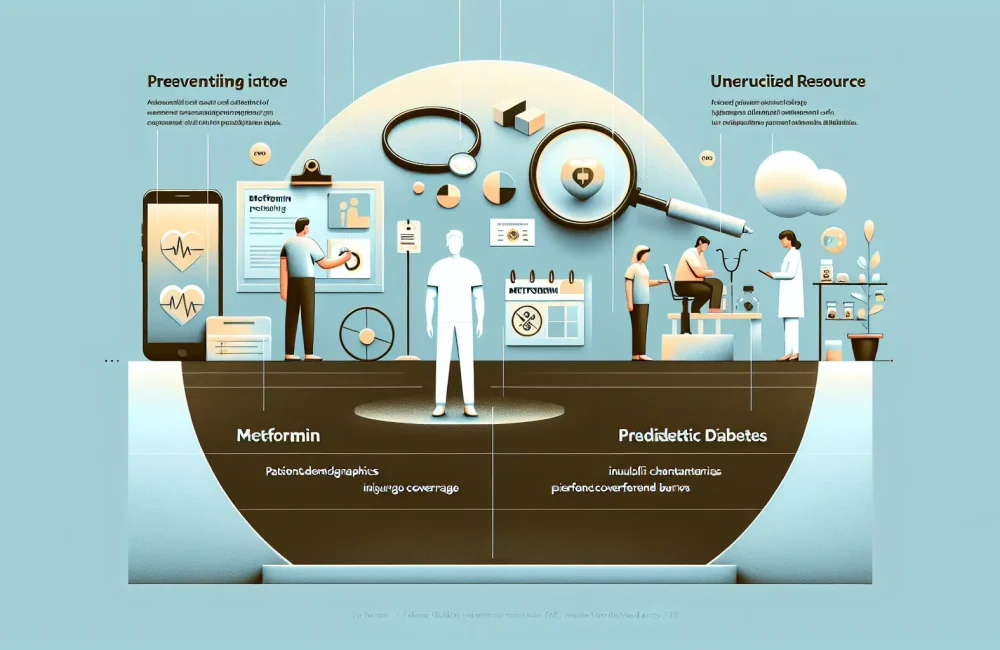By CAFMI AI From New England Journal of Medicine
Innovative Stem Cell Therapy for Type 1 Diabetes
Type 1 diabetes is a chronic condition characterized by the autoimmune destruction of pancreatic beta cells, which leads to an absolute deficiency of insulin. Traditional management often relies heavily on multiple daily insulin injections or continuous insulin infusions, but these treatments do not restore endogenous insulin production, which is critical for stabilizing blood glucose levels. Islet transplantation has emerged as a promising therapeutic alternative, offering the potential to re-establish the body’s natural ability to produce insulin. However, its application has been severely limited by the scarcity of donor organs and the risk of immune rejection, which necessitates lifelong immunosuppressive therapy. Recent advances in regenerative medicine and stem cell biology have paved the way for the development of stem cell–derived islets, which promise to overcome these challenges by providing an unlimited source of insulin-producing cells. This article reviews a phase 1 clinical trial that investigated the safety, feasibility, and initial efficacy of using fully differentiated islet-like clusters derived from human pluripotent stem cells in patients with type 1 diabetes.
Clinical Trial Outcomes: Safety and Efficacy of Stem Cell-Derived Islets
The phase 1 trial enrolled seven participants with established type 1 diabetes to undergo transplantation with stem cell–derived islet-like clusters via portal vein infusion. Post-transplant, patients received immunosuppressive therapy to prevent graft rejection. Safety was a primary endpoint, and the study found the procedure was generally well tolerated. Adverse events were mainly related to immunosuppression, such as transient infections and mild organ-related toxicities, but no unexpected severe complications occurred. Importantly, all recipients demonstrated significant C-peptide production after the transplant, confirming successful engraftment and functional activity of the transplanted islet cells. Four out of seven participants achieved partial insulin independence, characterized by a substantial reduction in daily exogenous insulin requirements. This reduction is clinically relevant as it translates to lower risks associated with insulin therapy, including hypoglycemia and glucose variability. Clinical monitoring revealed improved glycemic variability and increased time-in-range, which are crucial factors in reducing long-term diabetic complications. Notably, hypoglycemic episodes were markedly decreased, significantly improving patient safety and quality of life. Imaging studies, including MRI and specialized islet visualization techniques, confirmed the engraftment and survival of the transplanted cells over the 12-month follow-up period. Immune profiling showed no signs of host-versus-graft disease or recurrence of autoimmunity, suggesting effective immunological tolerance or control in this setting.
Future Perspectives and Challenges in Stem Cell-Based Diabetes Treatment
Despite encouraging early results, several challenges remain before stem cell–derived islet transplantation can become a widespread treatment for type 1 diabetes. Long-term durability of the graft and sustained insulin production need further evaluation in larger and longer clinical trials. The dependence on immunosuppressive drugs presents risks, prompting exploration of immune-evasive stem cell lines or encapsulation technologies to protect transplanted cells without systemic immunosuppression. Additionally, optimizing protocols for large-scale production and ensuring the consistency and safety of the stem cell product are critical steps for clinical translation. Ethical considerations, patient selection criteria, and cost-effectiveness analyses will also shape how this therapy integrates into standard diabetes care. Nonetheless, the progress demonstrated in this pioneering trial provides a hopeful outlook for restoring endogenous insulin secretion and improving the lives of patients living with type 1 diabetes.
Read The Original Publication Here






